Attempting to load ROSCon Archive Listings.
Hello ROSCon 2017!
Save the date: we’re happy to announce that ROSCon 2017 will be held September 21-22, 2017 at the Vancouver Convention Centre in Vancouver, Canada. IROS 2017 will be held at the same venue September 24-28, so plan to attend both of these great events!
Check back here for more information on ROSCon 2017.
Goodbye ROSCon 2016!
Following an exciting weekend, we bid farewell to ROSCon 2016 in Seoul. It was record-breaking in every way, with over 450 attendees and a 60% increase over last year in sponsorship.
Thanks to everyone for coming and for your support! And thank you to our sponsors for the financial support that enabled the conference to grow!
Stay tuned for details on the next event.
We’ve posted videos of all the talks on Vimeo. You can browse them here or find them linked below in the program as well as the slides that the presenters have submitted.
Photo credit: Evan Ackerman
ROSCon will happen October 8th-9th, 2016 in Seoul, Korea!
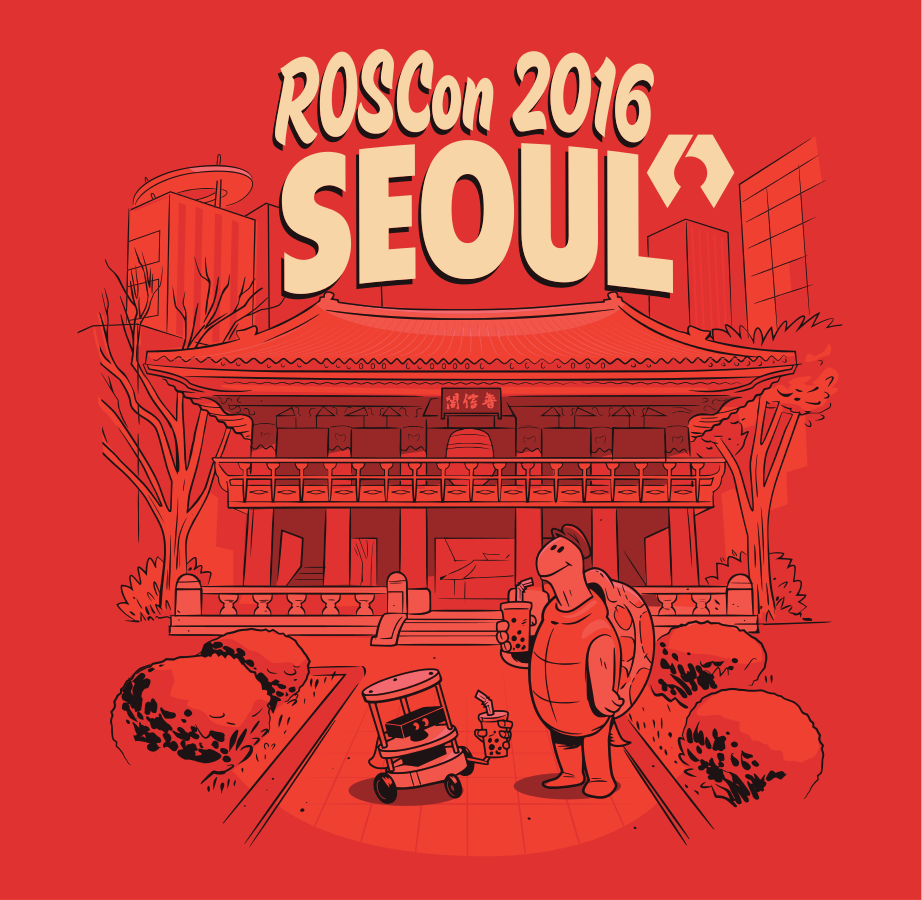
That’s the weekend immediately preceding IROS, which is happening in nearby Daejeon, Korea. So if you’re planning your travel to IROS, just add a couple of days to the trip so that you can join us for ROSCon in Seoul, Korea.
Registration
Registration for ROSCon 2016 is closed.
ROSCon 2016
ROSCon 2016 is a chance for ROS developers of all levels, beginner to expert, to spend an extraordinary two days learning from and networking with the ROS community. Get tips and tricks from experts and meet and share ideas with fellow developers.
ROSCon is a developers conference, in the model of PyCon and BoostCon. Following the success of the past four annual ROSCons, this year’s ROSCon will be held in Seoul, Korea. Similar to previous years, the two-day program will comprise technical talks and tutorials that will introduce you to new tools and libraries, as well as teach you more about the ones you already know. The bulk of the program will be 30-40 minute presentations (some may be longer or shorter).
We aim for ROSCon to represent the entire ROS community, which is global and diverse. Whoever you are, whatever you do, and wherever you do it, if you’re interested in ROS, then we want you to join us at ROSCon. We encourage women, members of minority groups, and members of other under-represented groups to attend ROSCon. We expect all attendees to follow our code of conduct.
The ROSCon planning committee acknowledges that the barriers to attendance for traditionally under-represented groups may be many and varied, and we are striving throughout the planning process to make the event as inclusive and accessible as possible. This year we are proud to have launched the ROSCon Diversity Scholarship Program to help make ROSCon 2016 more representative of the global ROS community.
We also welcome suggestions for what else we can do to encourage more participation. Contact us if you have ideas that you’d like to share.
If you don’t want to make a formal presentation, you should still bring your new project or idea to ROSCon and present it in a lightning talk or propose a Birds-of-a-Feather session.
There will be an opportunity to give a lightning talk at ROSCon. These are 2-3 minute talks, one session each day (3 minutes in the past but this may be reducing to 2.5 or 2 minutes this year). The way that it works is that you find the designated person during the morning coffee break to sign up for a slot to present that afternoon. It’s first come, first served, and it always fills up. As part of the sign-up, you have the option to provide 2-3 presentation slides that will be loaded onto a common laptop for presentation. Slides are not required, and there’s no particular format. Though it must work on the coordinators laptop so common portable formats such as pdfs are recommended. Videos are also ok but should be edited to fit inside the time limit and should not rely on the audio from the video. Given the time constraint, we would recommend against trying to do a live demo. Last years talks can be seen in this blog post or browse the recordings from past years.
There will also be open space for Birds-of-a-Feather (BoF) meetings, impromptu hacking sessions, and informal presentations.
If you are looking for information on past ROSCons, including past programs, slides and videos of the presentations, see their separate websites.
Dates
Important dates to keep in mind for ROSCon 2016.
Call for Proposals circulated
May 25th, 2016
Proposal submission deadline
July 11th, 2016
Proposal acceptance notification
July 22nd, 2016
Early registration deadline
August 26th, 2016
Late registration starts
October 2nd, 2016
ROSCon 2016 in Seoul, Korea.
October 8th-9th, 2016
Sponsors
Platinum Sponsor |
|||||
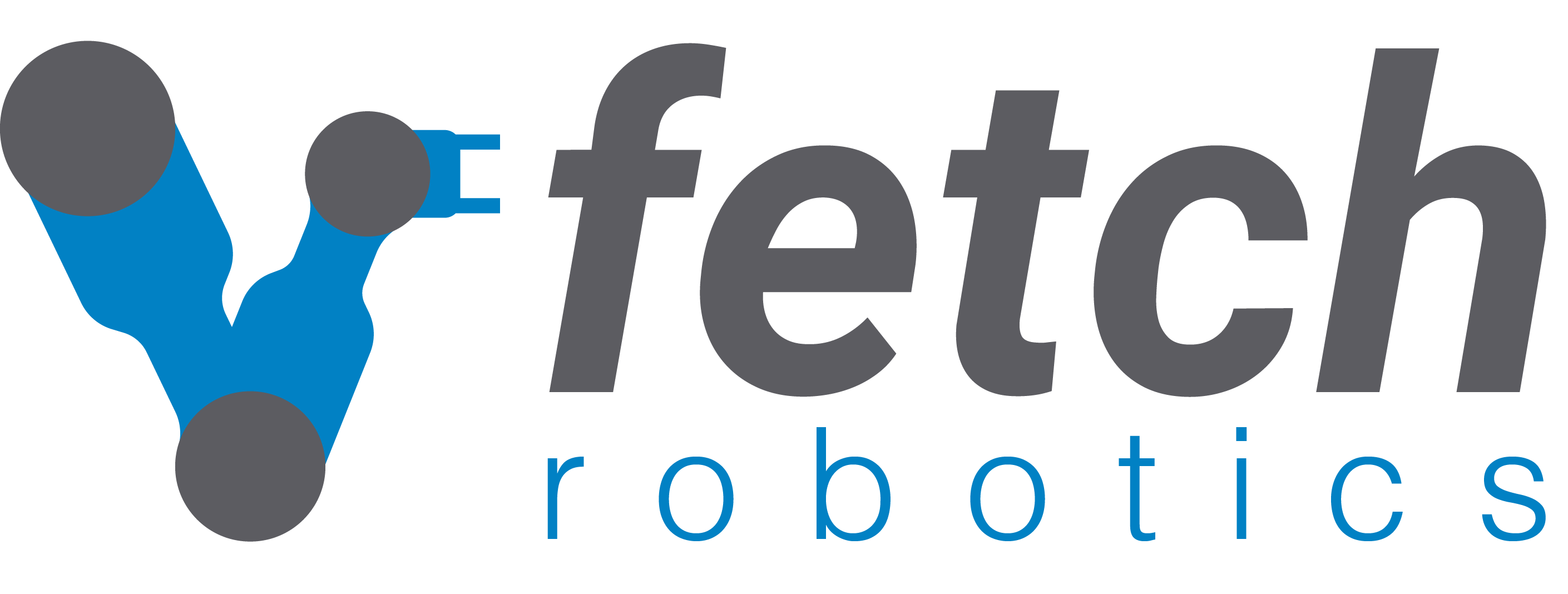 |
|||||
Gold Sponsors |
|||||
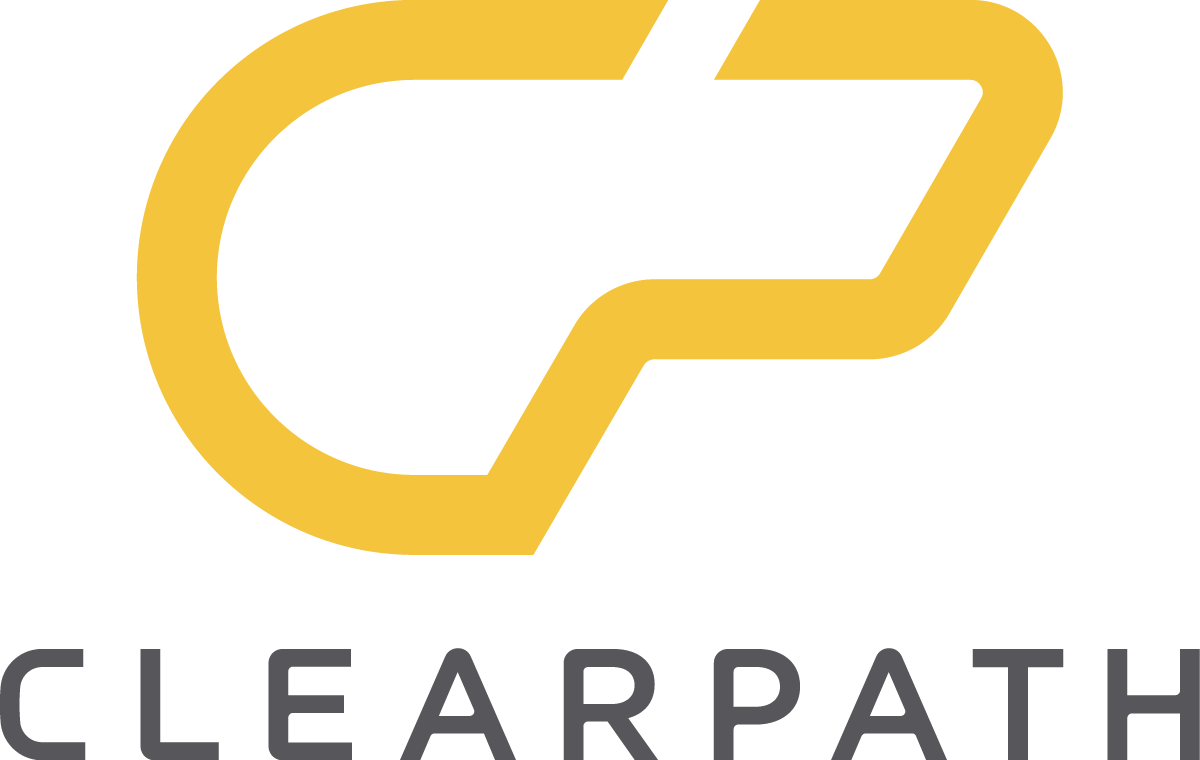 |
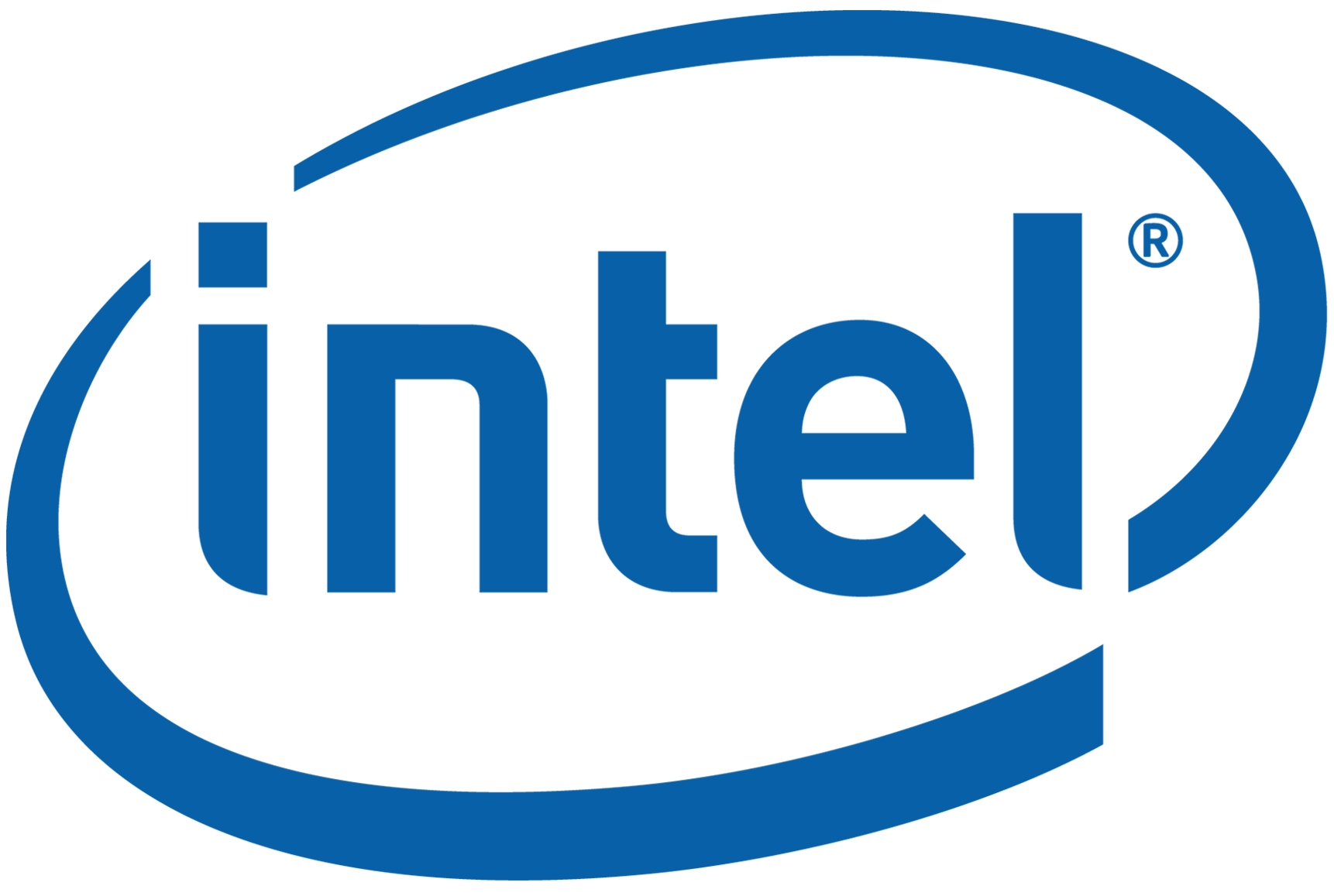 |
||||
 |
 |
||||
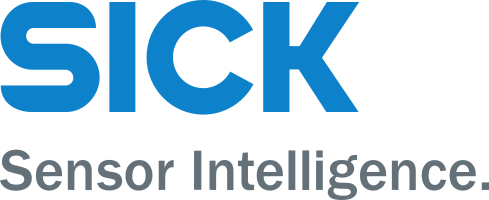 |
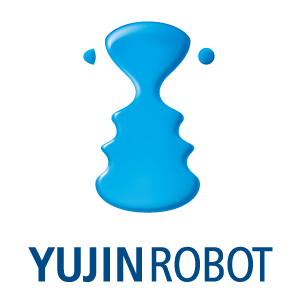 |
||||
Silver Sponsors |
|||||
 |
|||||
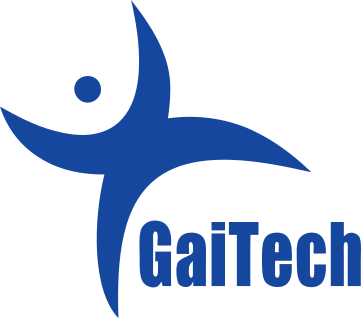 |
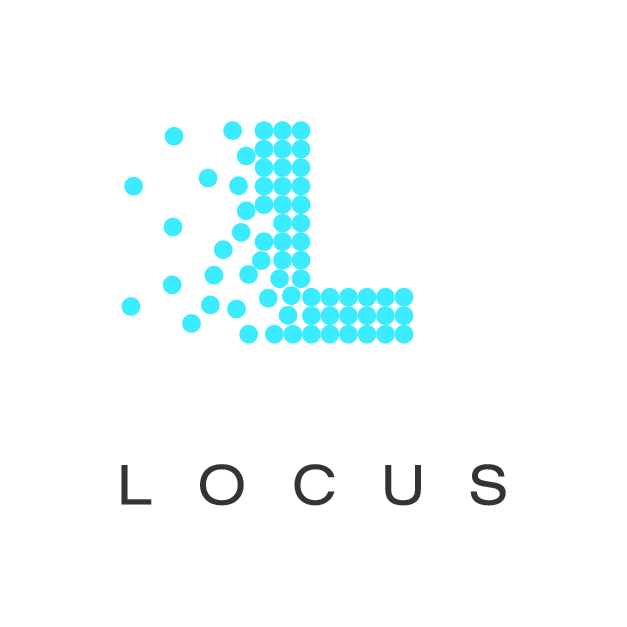 |
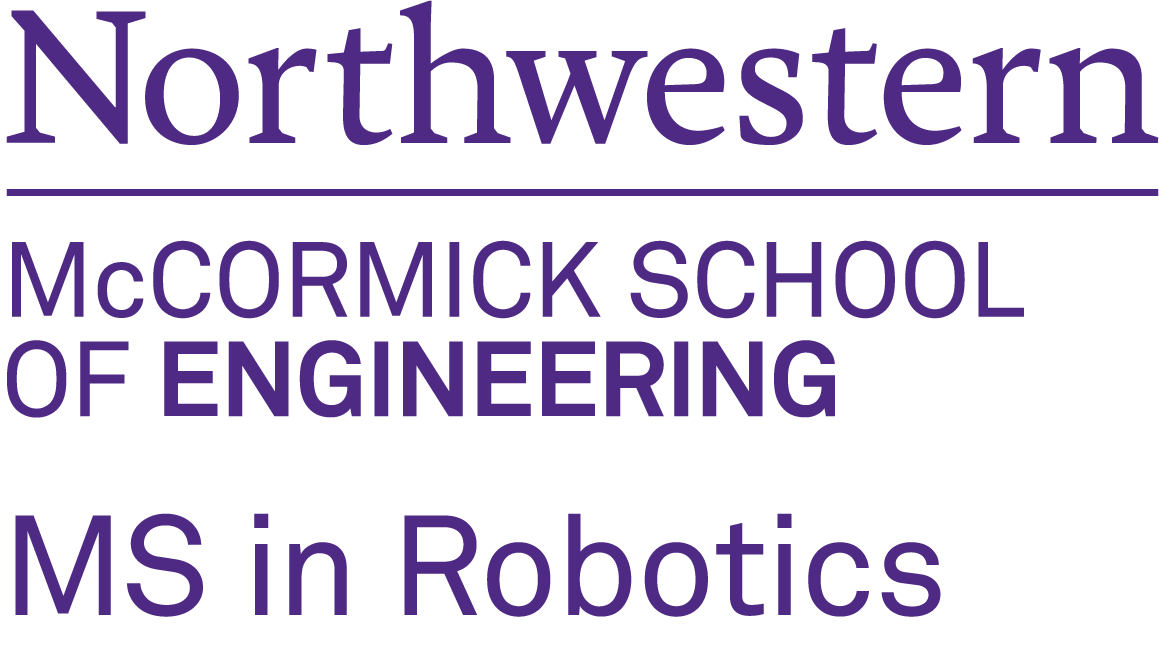 |
|||
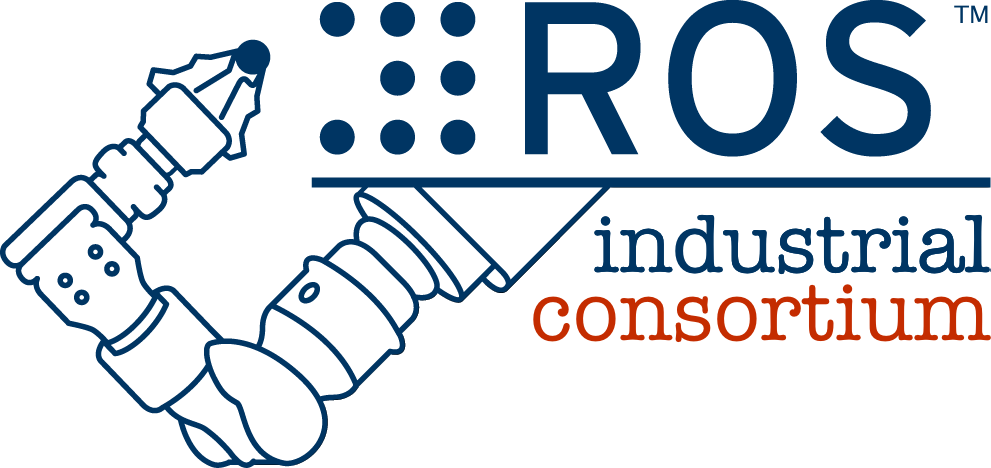 |
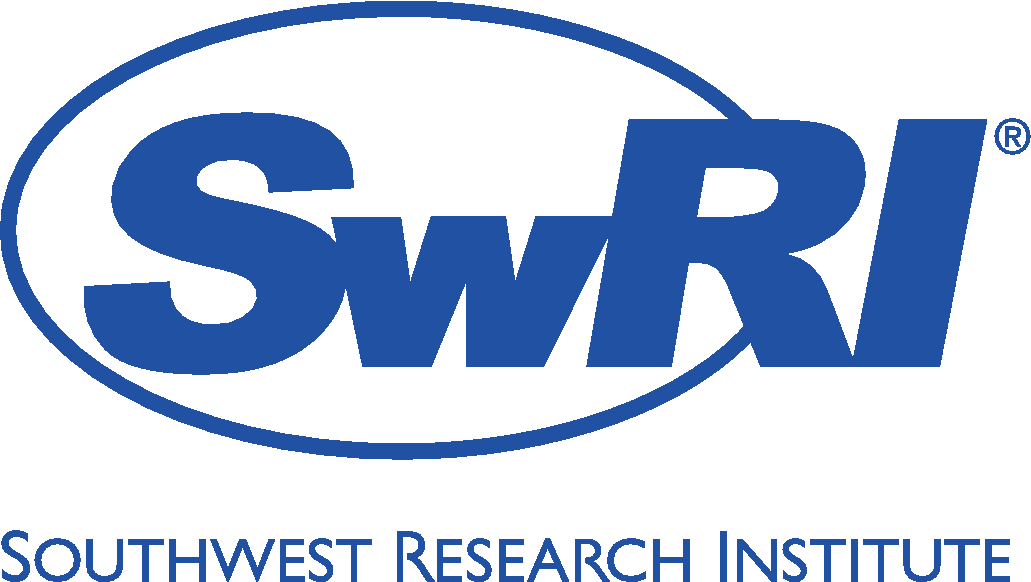 |
||||
Bronze Sponsors |
|||||
 |
 |
||||
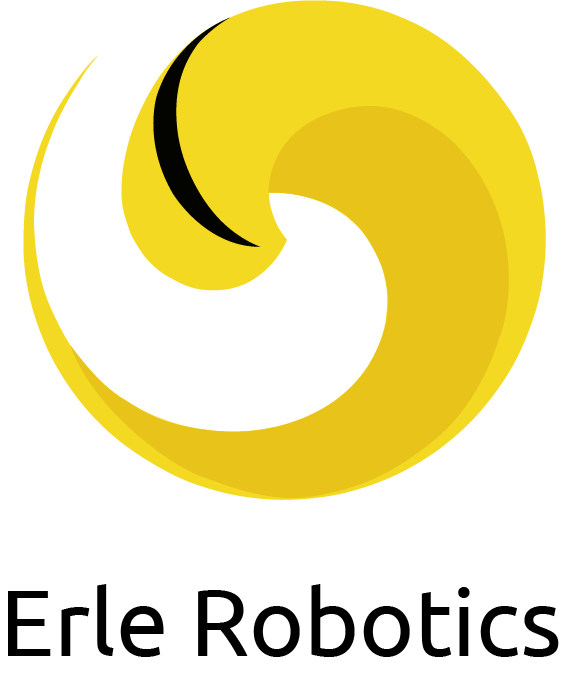 |
 |
 |
|||
 |
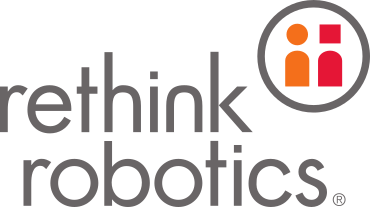 |
 |
|||
Friends of the Conference |
|||||
 |
 |
 |
|||
If you are interested in finding out more about sponsoring ROSCon please contact the organizing committee. Or view our sponsor prospectus.
Information for exhibitors can be found here.
Location
ROSCon 2016 will be held at the Conrad Seoul.
The group rate at the hotel has sold out; however, rooms may still be available via the hotel reservation site
The exciting city of Seoul, coupled with the comfort and amenities of the Conrad, provide an ideal location for ROSCon 2016. Showcasing beautiful Han River views, the Conrad is conveniently located in the heart of the Yeouido Business District with easy access to the Incehon Airport. Click here for transportation information.
Parking
Self-parking at the Conrad Seoul for event attendees is complimentary. Upon entry into the car park, a scanner will register the attendee’s plate details. After parking, attendees must complete the car log, available at the conference registration desk, with their plate and registration details for the attendee’s car to be updated in the parking system. If you do not complete the car log at the registration desk, a fee will be assessed upon your departure from the car park.
Address
Conrad Seoul
10 Gukjegeumyung-ro (Yeouido) Yeongdeungpo-gu
Seoul, 07326
South Korea
Tel: +82-2-6137-7000
Map
Childcare Options
The Convention Services Team at the Conrad, Seoul, provided the childcare services listed below as a reference for attendees. ROSCon 2016 and the Open Source Robotics Foundation do not guarantee or make warranties for these providers and assume no liability by providing this reference.
You may also contact the hotel concierge at the Conrad for additional childcare options. Phone: +800 00 266 723
Babysitter Korea
Phone: +82 (0)10 5454 7803
Email: bongsunyoo0103@gmail.com
Rates*: KRW 40,000/per 2 hours/per 1 kid (KRW 20,000 per extra 1 hour)
Transportation fee after 10PM: KRW 15,000
Child World
Phone: +82 (0)10 9015 5790
Email: ghilp@hanmail.net or ghilp@naver.com
Rates*: KRW 100,000/per 3 hours/per 1 kid (KRW 30,000 per extra 1 hour)
Saturday, Sunday, and National Holiday: Basic charge as above + 30%
Transportation fee after 11PM: KRW 30,000
*Rates are quoted as of 20 June and are subject to change. Please confirm with your selected provider.
If you intend to contract childcare services, in addition to contacting the care provider, please email Karly [at] ]MeetGreen.com. ROSCon is committed to creating an inclusive and accessible conference environment. By providing this information, it will allow the Conference to review attendee needs and evaluate where conference resources are deployed.
Invitation letters for visas
If you require an invitation from the conference organizers to obtain a visa to enter Korea, please fill out this form. Please include your full name and mailing address (for inclusion in the letter; we’ll email you the signed letter).
Program
The Program for ROSCon 2016 is now available!
ROSCon 2016 will be a single track conference. Following review and discussion by the Program Committee, the presentations listed below were accepted for presentation at the conference. There will also be Lightning Talks and Birds of a Feather sessions, as well as many opportunities to informally talk with other community members.
Livestream
Due to technical difficulties, live streaming will not be available. Archived videos of the presentations will be available on the conference website by October 20.
Video recording and archiving is provided by the support of
Locations
- Registration: Grand Ballroom 3, Level 3
- General Sessions: Grand Ballrooms 1-2, Level 3
- Coffee Breaks: Foyer and Grand Ballroom 3, Level 3
- Reception: Foyer and Grand Ballroom 3, Level 3
- Lunch: Foyer and Park Ballrooms 1-3, Level 5 Note: the exact scheduling of presentations is subject to change.
Day 1, October 8th
| Time | Presenter(s) | Title | Abstract | Resources |
|---|---|---|---|---|
| 8:00 | Everyone | Registration open | Please arrive early to allow time to collect your badge and conference bag before the presentations start. We expect there to be a queue for registration on the first day. | |
| 9:00 | Brian Gerkey | Opening Remarks | pdf video |
|
| 9:10 | Steffi Paepcke, Louise Poubel (OSRF) | What’s new in Gazebo? Upgrading your simulation user experience! | Gazebo is one of the most used simulators in the ROS community. It has been under heavy development for the past few years and its most recent version, Gazebo 7, comes with myriad new tools and features for new and experienced users alike. Recently, Gazebo development has emphasized user-centered design and improved usability. Updates include not only improved GUI tools and documentation for new folks, but also tools that streamline the workflow for experienced users. We explore new features including: Model Editor, Building Editor, apply force tool, logging and playback, model alignment and snap tools, camera angle controls, plotting, introspection and debugging aids, and more. | pdf video 10.36288/ROSCon2016-900776 |
| 9:50 | Deanna Hood, William Woodall (OSRF) | ROS 2 Update | This talk will summarize the progress made since the last ROSCon update in 2015. Summary will include the alphas released during that time, changes to supported implementations, and the roadmap. The talk will also include demonstrations of new features and highlights of our experiences while using ROS 2 in demos and benchmarking. | pdf video 10.36288/ROSCon2016-900775 |
| 10:30 | Everyone | Coffee Break | ||
| 11:00 | Mukunda Bharatheesha (Delft University of Technology), Ruben Burger (Delft University of Technology), Maarten De Vries (Developer, Delft Robotics BV), Gijs van der Hoorn (Delft University of Technology), Martijn Wisse (Delft University of Technology) | Plan to Win with MoveIt! - Lessons learnt from the Amazon Picking Challenge 2016 | This presentation will focus on some of the key MoveIt! practices that we (motion planning team of Team Delft) followed for the Amazon Picking Challenge 2016. Particularly, the following points will be highlighted: 1) making appropriate MoveIt! API choices from a large set of options; 2) difficulties faced such as I/O synchronization with trajectories and collision checking with Octomaps and the corresponding solutions; 3) unsolved problems (mostly with robot driver) while planning around the joint limits of the robot; and 4) general recommendations for OMPL planner configurations with MoveIt!. | pdf video 10.36288/ROSCon2016-900774 |
| 11:20 | Matthieu Amy (Renault SAS), Michaël Lauer (LAAS-CNRS), Jean-Charles Fabre (LAAS-CNRS) | Adaptive Fault Tolerance on ROS: A Component-Based Approach | Every system evolves during their operational lifetime. A system that remains dependable when facing changes (new threats, failures, updates) is called resilient. We propose an approach to safety and adaptive fault tolerance taking advantage of Component-Based Software Engineering technologies for tackling a crucial aspect of resilient computing, namely the on-line adaptation of fault tolerance mechanisms. We will show how this approach can be implemented on ROS and explain some implementation details and the result of different experiments to validate the solution. We will also discuss the how we can use checkpointing technologies to make the ROS master crash-tolerant | pdf video 10.36288/ROSCon2016-900773 |
| 11:40 | Niharika Arora (Fetch Robotics) | Robot calibration | Calibration is an essential prerequisite for nearly any robot. We have created a fast, accurate and robotagnostic calibration system, which calibrates robot geometry in addition to the typical camera intrinsics and/or extrinsics. The system can be used with a variety of feature detectors to update the cost function and uses the CERES optimizer for the convex optimization. The system then creates an updated URDF containing the calibrated parameters. This talk will cover the details of the robotagnostic robot_calibration package and describe its use in the fetch_calibration package which can calibrate dozens of parameters on a Fetch robot in as little as 3 minutes. | pdf video 10.36288/ROSCon2016-900773 |
| 12:00 | Iñigo Muguruza Goenaga, Alejandro Hernández Cordero, Víctor Mayoral Vilches (Erle Robotics) | The robot_blockly package: programming ROS with blocks | robot_blockly is a ROS package that allows users to create ROS-based algorithms and behaviors, abstracting its complexity using blocks. The aim of the package is to hide the complexity of programming robots via functional blocks. As a rule of thumb, an average PhD student takes 3 weeks to learn ROS. This makes ROS programming not accessible for the great majority. The robot_blockly package aims to simplify the process of using ROS to the point of putting conceptual blocks together. | pdf video 10.36288/ROSCon2016-900771 |
| 12:20 | Everyone | Lunch | ||
| 13:50 | Yoonseok Pyo, Yoshihiro Shibata, Ryuwoon Jung, Taehoon Lim (ROBOTIS) | Introducing the Turtlebot3 | The Turtlebot3 has three concepts: a small, extensible, open robot platform. The goal of new Turtlebot is to reduce the size and cost of the platform without reducing capability, functionality, or quality. Firstly, we will provide small size Turtlebot3 that is enough to be transported without a carrying case in a school bag. Secondly, we will offer extensibility for customizing on the mechanical structure with some alternative options: opensource embedded board, the computer, and the sensors. We will present 12 examples of Turtlebot3. Thirdly, we will provide opensource H/W, F/W, and S/W. You can change your Turtlebot3 design as you want. | pdf video 10.36288/ROSCon2016-900770 |
| 14:10 | Amit Moran, Matthew Curfman (Intel - Perceptual Computing) | Introducing Intel RealSense Robotics All-in-one Perception Device | What if creating perceptive robots would have been super easy? Just plug and play. What would you do? Intel® RealSense™ Technology is a combination of hardware and software for creating innovation around machine perception. Among other things, the hardware includes depth camera and the software includes a set of CV algorithms such as person tracking, scene capturing, object recognition… In this talk we will introduce an innovative All-in-one Robotics Perception Device developed in our innovation lab which can boost the development of any robotic project and enable robots’ perception, with virtually zero installation. | pdf video 10.36288/ROSCon2016-900769 |
| 14:30 | Víctor Mayoral Vilches, Alejandro Hernández Cordero, Iñigo Muguruza Goenaga, Irati Zamalloa Ugarte, Lander Usategui Ugarte (Erle Robotics) | Introducing H-ROS, the Hardware Robot Operating System | H-ROS stands for Hardware Robot Operating System, a DARPA-funded project with the aim of creating easily reusable and r econfigurable robot hardware components to simplify the creation o f robots and allow parts from different manufacturers to interoperate using ROS 2 as its core basis. H-ROS will help companies create robot components that speak ROS natively. With H-ROS, building a robot is about placing H-ROS-compatible hardware components together. Handling robots won’t be restricted to a few with high technical skills but will instead be extended to a great majority with a general understanding of the different H-ROS part types. | pdf video 10.36288/ROSCon2016-900768 |
| 14:50 | Everyone | Lightning Talks I | Videos 1 2 3 4 5 6 7 8 9 10 11 12 13 14 |
|
| 15:35 | Everyone | Birds of a Feather I | ||
| 16:05 | Everyone | Coffee Break (and continuation of Birds of a Feather discussions) | ||
| 16:35 | Mirko Bordignon (Fraunhofer IPA), Shaun Edwards (Southwest Research Institute), Paul Evans (Southwest Research Institute), Clay Flannigan (Southwest Research Institute), Gijs van der Hoorn (Delft University of Technology), Paul Hvass (Southwest Research Institute), Ulrich Reiser (Fraunhofer IPA), Nicolas Yeo (ARTC – A*STAR), Min Ling Chan (ARTC – A*STAR) | ROS-Industrial turns four and expands worldwide | Four years after it was first launched by Shaun Edwards, ROS-Industrial is now a worldwide effort to expand and improve ROS adoption in manufacturing environments and industrial equipment. As an initiative, it is supported financially by OEMs and system integrators, whose interests are represented and requests are collected within three ROS-Industrial Consortia managed by non-profit, applied research institutions. As a software platform, it is developed by a free and open community gathering in monthly meetings and operating through a federated development model, much like the ROS developers community. The talk will showcase real-world examples and current efforts to expand the initiative and to continue addressing technical and non-technical concerns. | pdf video 10.36288/ROSCon2016-900767 |
| 16:55 | Levi Armstrong (Southwest Research Institute) | ROS Qt Creator Project Manager Plug-in | The ROS Qt Creator Plug-in is developed specifically for ROS to increase developers’ efficiency by simplifying tasks and creating a centralized location for ROS tools. Since it is built on top of the Qt Creator platform, users have access to all of its existing features like: syntax highlighting, editors (C++, Python, etc.), code completion, version control (Git, Subversion, etc.), debuggers (GDB, CDB, LLDB, etc.), and much more. The talk will cover: a description and motivation; overview of current and future features; and example of how to use the plug-in to manage a ROS Workspace. | pdf video 10.36288/ROSCon2016-900766 |
| 17:15 | Trygve Thomessen, Laszlo Nagy (PPM AS) | The Intuitive ROS UI: FlexGui 4.0 – introduction and industrial applications | FlexGui 4.0 is based upon popular web technologies: HTML5, CSS and JavaScript. This way it is possible to run FlexGUI 4.0 on PC, Android, iPhone, Windows Phone and generally on every device with a modern browser, you will h ave exactly the same user experience on each of them. FlexGui 4.0 communicates using ROS, our choice of middleware for Industry 4.0, IoT. Join the session and let us introduce ourselves, see some of our industrial applications, ask us how could we help you with yours! | pdf video 10.36288/ROSCon2016-900765 |
| 17:35 | Paul Hvass, Shaun Edwards (Southwest Research Institute) | ROS-‘X’ – Focused Initiatives | Have you heard of the “ROS-I” or “ROS-M” projects? What about others? As ROS gains acceptance in various commercial markets, ROS-‘X’ projects seem to organize around them. Such markets include industrial, military, agriculture, aerial, and automotive. An overview of such efforts, some more mature than others, will be presented. The various reasons these projects form will be discussed as well as the impact on the broader ROS community. There is great potential in specialized ROS-‘X’ projects, but these projects also have great responsibility to ensure that the broader ROS project continues and is well supported. | pdf video 10.36288/ROSCon2016-900764 |
| 18:00 | Everyone | Reception | ||
| 20:00 | Fin |
Day 2, October 9th
| Time | Presenter(s) | Title | Abstract | Resources |
|---|---|---|---|---|
| 8:30 | Everyone | Registration open | ||
| 9:00 | Péter Fankhauser (ETH Zurich), Christian Gehring (ETH Zurich), Remo Diethelm (ETH Zurich), Samuel Bachmann (ETH Zurich), Dario Bellicoso (ETH Zurich), Martin Wermelinger (ETH Zurich), Vasilios Tsounis (ETH Zurich), Michael Bloesch (ETH Zurich), Philipp Leemann (ETH Zurich), Gabriel Hottiger (ETH Zurich), Andreas Lauber (ETH Zurich), Dominik Jud (ETH Zurich), Ralf Kaestner (IBM Research Zurich), Mark Hoepflinger (armasuisse), Marco Hutter (ETH Zurich) | ANYmal at the ARGOS Challenge: Tools and Experiences from the Autonomous Inspection of Oil & Gas Sites with a Legged Robot | At the ARGOS Challenge, we participate with our legged robot ANYmal in the autonomous inspection of oil & gas sites. In this presentation, we share our experience with using ROS in our work and introduce our tools, many of which are available open-source. ANYmal is an electrically driven quadrupedal robot, capable of dynamic running, climbing over obstacles, and scaling stairs. It uses onboard laser range sensors to precisely localize and map its surrounding, enabling the autonomous navigation in difficult environments. For ARGOS, ANYmal carries several inspection sensors and uses computer vision to monitor the state of the site. | pdf video 10.36288/ROSCon2016-900763 |
| 9:40 | Dirk Thomas (OSRF) | The ROS build farm - what it can do for me | The presentation is focused on the Python package ros_buildfarm. The various features provided are being described in detail which will improve the understand of the development process of ROS packages ranging from development and continuous integration over the release process to documentation. It will help you to leverage the provided infrastructure of build.ros.org for the development of your ROS packages and improve your workflow. Additionally it is being demonstrated how the software can be applied locally or e.g. via Travis to run your own “jobs”. | pdf video 10.36288/ROSCon2016-900762 |
| 10:20 | Mike Purvis (Clearpath Robotics) | Robust Deployment with ROS Bundles | Late in 2015, Clearpath was facing a deployment crisis, with software in various states going to customer sites, off-site demos, in-house demos & testing, and developer workstations. There was a build-up of cultural issues and technical limitations in the existing tooling. The solution to all of these issues has been to build the entirety of our robot’s software in a single large workspace (using catkin_tools), and then ship the whole thing as one “fat” deb package. Lessons learned will be presented, along with a brief example of building a customized desktop_full bundle for Ubuntu - this should be sufficient to kickstart the efforts of anyone else who’d like to set up a similar build. The demonstration will highlight in particular our contributions to upstream ROS tooling which have been made in the course of this development work, hopefully merged in coming months | pdf video 10.36288/ROSCon2016-900761 |
| 10:40 | Everyone | Coffee Break | ||
| 11:10 | Ian Chen (OSRF) | Cloudy with a Chance of Simulation | The DARPA Virtual Robotics Challenge gave birth to the first version of CloudSim. It provided a centralized platform that facilitated teams of participants from around the world to compete in simulation simultaneously. Since then, various projects have demanded the need for a similar cloud hosted environment for robotics competitions. In this presentation, we reveal a new, redesigned CloudSim that aims to be a generic tool for running robotics software and simulations on the cloud. We present some of its key features including simulation instance sharing, reusable front-end web components, a WebGL visualization client, and security and authentication. | pdf video 10.36288/ROSCon2016-900760 |
| 11:30 | Ricardo Tellez (The Construct) | Robotics Benchmarking with ROS | Benchmarking in robotics is an unsolved issue. Having a benchmarking system for robotics would speed up development of robotics and research since results may be compared against each other in same conditions, and new robotics works may finally build build on previous results. The purpose of this session is to describe a framework for a universal benchmarking system for robotics based on Gazebo simulations, where ROS has the central role of becoming the standard of communication between hardware and software. | video 10.36288/ROSCon2016-900759 |
| 11:50 | Alex Henning (Fetch Robotics) | Physical Continuous Integration — CI on Real Robots! | Fetch Robotics has developed a continuous integration (CI) system for testing new code in a complete system including multiple real robots. Multiple ceilingmounted cameras and onrobot rosbag recordings allow developers to dig in and diagnose bugs when found. This talk will cover the tools and methods we have used to deploy and monitor tests on our fleet of robots. It will also cover additional considerations necessary for running real world tests and include a case study of using physical continuous integration to verify bug fixes to the ROS navigation stack. | pdf video 10.36288/ROSCon2016-900758 |
| 12:10 | Everyone | Lunch | ||
| 13:40 | Ruffin White (University of California, San Diego), Morgan Quigley (OSRF) | {,S}ROS: Securing ROS over the wire, in the graph, and through the kernel | This talk will demonstrate the uses of SROS, a proposed addition to the ROS API and ecosystem to support modern cryptography and security measures. While detailing current progress and further proposals, a working demonstration of each major advancement will be shown, including: overthewire cryptography for all messages, services and parameter transport, namespaced access control enforcing graph policies/restrictions, and finally process profiles using Linux Security Modules to harden a node’s file, device, signal, and networking access on host machines. You’ll gain a greater awareness of the vulnerabilities in ROS and ongoing developments to secure robotics subsystems for the future. | pdf video 10.36288/ROSCon2016-900757 |
| 14:00 | Adam Dąbrowski, Rafał Kozik, Mateusz Macias (PIAP) | Evaluating the resilience of ROS2 communication layer | One of the major reasons for development of ROS2 is the migration of communication layer to DDS. Robot users around the world, hitherto discouraged by the ROS shortcomings, might finally be considering joining the community. For all those who see the promise, there is a question of whether ROS2 will deliver on it. We introduce a project for measurable, repeatable evaluation of ROS2 communication in less than perfect networks. We will present the most recent results from the evaluation tool and draw conclusions: what has been achieved? What are the most important gaps to address? | pdf video 10.36288/ROSCon2016-900756 |
| 14:20 | Jan Carstensen, Axel Rauschenberger (Leibniz Universität Hannover) | RTROS – A real-time extension to the Robot Operating System | RTROS enables ROS users to easily port or develop ROS nodes using many of the benefits from the ROS-ecosystem, while satisfying hard real-time constraints. Tested for Xenomai and preempt-RT the library offers deterministic communication and core functionality to develop a real-time robotic system. RTROS is designed such that standalone RTROS or ROS/RTROS system are possible. Thus, the use of standard ROS nodes for uncritical nodes is still possible. | pdf video 10.36288/ROSCon2016-900755 |
| 14:40 | Everyone | Lightning Talks II | Videos 1 2 3 4 5 6 7 8 9 10 11 12 13 14 15 |
|
| 15:25 | Everyone | Birds of a Feather II | ||
| 15:55 | Everyone | Coffee Break (and continuation of Birds of a Feather discussions) | ||
| 16:25 | Dejan Pangercic, David Ball, Markus Hoeferlin, Daniel Di Marco, Steffen Fuchs, Tobias Mugele, Tobias Dipper, Gabriel Gaessler, Andreas Michaels, Sandeep Bairampalli, Maurice Gohlke, Roland-Kosta Tschakarow, Amos Albert(Deepfield Robotics) | Agricultural Robotics with ROS at Bosch: From the internet of fields to the internet of plants | Bosch Startup Deepfield Robotics is creating innovative systems for automated plant phenotyping. Our system comprises semi-autonomous robots for data acquisition and a processing pipeline for detection and analysis of plants. Our system is based extensively on ROS. This talk will provide a detailed description of our complete system focusing on our phenotyping plant counting pipeline, the robot’s software and real-time design, our best practices for ROS bagfile management, life cycle management, build farm, provisioning, within the ROS framework. This talk will be of interest to other startups using ROS and other groups wishing to increase their level of quality. So far we have processed 27 terabytes of data and detected over 2 million plants across multiple days. | pdf video 10.36288/ROSCon2016-900754 |
| 16:45 | Dejan Pangercic (Deepfield Robotics), Daniel Di Marco (Deepfield Robotics), Florian Friesdorf (Ternaris UG), Marko Durkovic (Ternaris UG) | Bagbunker - Tool for Large Data Storage, Analysis, Viewing and Testing | Managing large datasets is a challenging, but often underappreciated task for roboticists, especially in outdoor applications such as agriculture, underwater and space robotics, as well as autonomous driving. We have released bagbunker, a webbased tool for storage, management and retrieval of large datasets such as rosbags. Bagbunker is like a photo app, just with a different data. It is specifically designed to improve the task of managing large datasets, and also for engineers not trained in database systems. In this way, it greatly speeds up development and debugging by keeping the data under central control and providing a webbased interface to filter, inspect, visualize and interact with the data. In this handson session participants will learn how to efficiently manage their large datasets, including how to search and retrieve rosbags and how to write jobs to analyse rosbags. Additionally we will also present how to use bagbunker for an image classification regression test. | pdf video 10.36288/ROSCon2016-900753 |
| 17:05 | Norman LI, Paul Yang (DJI) | A robust flying platform for ROS developers | The presentation introduces an accurate, stable and reliable flying platform DJI Matrice 100 together with its corresponding ROS packages to aero robotics developers. Developers can monitor and control aircraft flight behavior with the help of On board SDK ROS packages, while utilizing the built-in Intelligent Navigation Modes to create autonomous flight paths and maneuvers. Its ROS packages are powerful and easy to use, which have helped many Matrice 100 developers earn great achievement in their research and development process. | pdf video 10.36288/ROSCon2016-900752 |
| 17:25 | Ryan Gariepy | Closing Remarks | pdf video |
|
| 17:35 | Fin |
Call For Proposals
Proposal submission deadline: July 11th, 2016
Presentations and tutorials on all topics related to ROS are invited. Examples include introducing attendees to a ROS package or library, exploring how to use tools, manipulating sensor data, and applications for robots.
Women, members of minority groups, and members of other under-represented groups are encouraged to submit presentation proposals to ROSCon.
Proposals will be reviewed by a program committee that will evaluate fit, impact, and balance.
We cannot offer sessions that are not proposed! If there is a topic on which you would like to present, please propose it. If you have an idea for an important topic that you do not want to present yourself, please post it to ros-users@lists.ros.org.
Topic areas
All ROS-related work is invited. Topics of interest include:
- Best practices
- Useful packages
- Robot-specific development
- ROS Enhancement Proposals (REPs)
- Safety and security
- ROS in embedded systems
- Product development & commercialization
- Research and education
- Enterprise deployment
- Community organization and direction
- Testing, quality, and documentation
- Robotics competitions and collaborations
To get an idea of the content and tone of ROSCon, check out the slides and videos from previous years.
A session proposal should include:
- Title
- Presenter (name and affilliation)
- Recommended duration: Short (~20 minutes) or Long (~45 minutes)
- Summary, 100 word max (to be used in advertising the session)
- Description (for review purposes): outline, goals (what will the audience learn?), pointers to packages to be discussed (500 Words Maximum)
More Info
Organizing Committee
- Tully Foote
- Roberta Friedman
- Ryan Gariepy
- Brian Gerkey
- Daniel Stonier
Program Committee
- Tully Foote
- Ryan Gariepy
- Brian Gerkey
- Ian McMahon
- Tom Moore
- Daniel Stonier
- Melonee Wise
Diversity Chair
- Deanna Hood
ROSCon 2016 Diversity Scholarships
The ROSCon 2016 organizing committee aims for ROSCon to represent the entire ROS community, which is diverse and global. In addition to promoting technology that is open source, we also strive to ensure that our communities themselves are as open and accessible as possible, since we recognize that diversity benefits the ROS ecosystem as a whole.
Whoever you are, whatever you do, and wherever you do it, if you’re interested in ROS, then we want you to join us at ROSCon. To help reduce the financial barriers to conference attendance, the ROSCon organizing committee is offering a number of scholarships to members of traditionally underrepresented groups in the tech community. For more information please see the announcement on the ROS blog.
Past Events
ROSCon has been held annually since 2012. If you’d like to know more we have archives of all the past programs with recordings of the talks and most of the slides. The sites can be found at the locations below.
- ROSCon 2015 Hamburg, Germany
- ROSCon 2014 Chicago, USA
- ROSCon 2013 Stuttgart, Germany
- ROSCon 2012 St. Paul, USA
Code of Conduct
To ensure a safe environment for everybody we expect all participants to follow the conference code of conduct.
